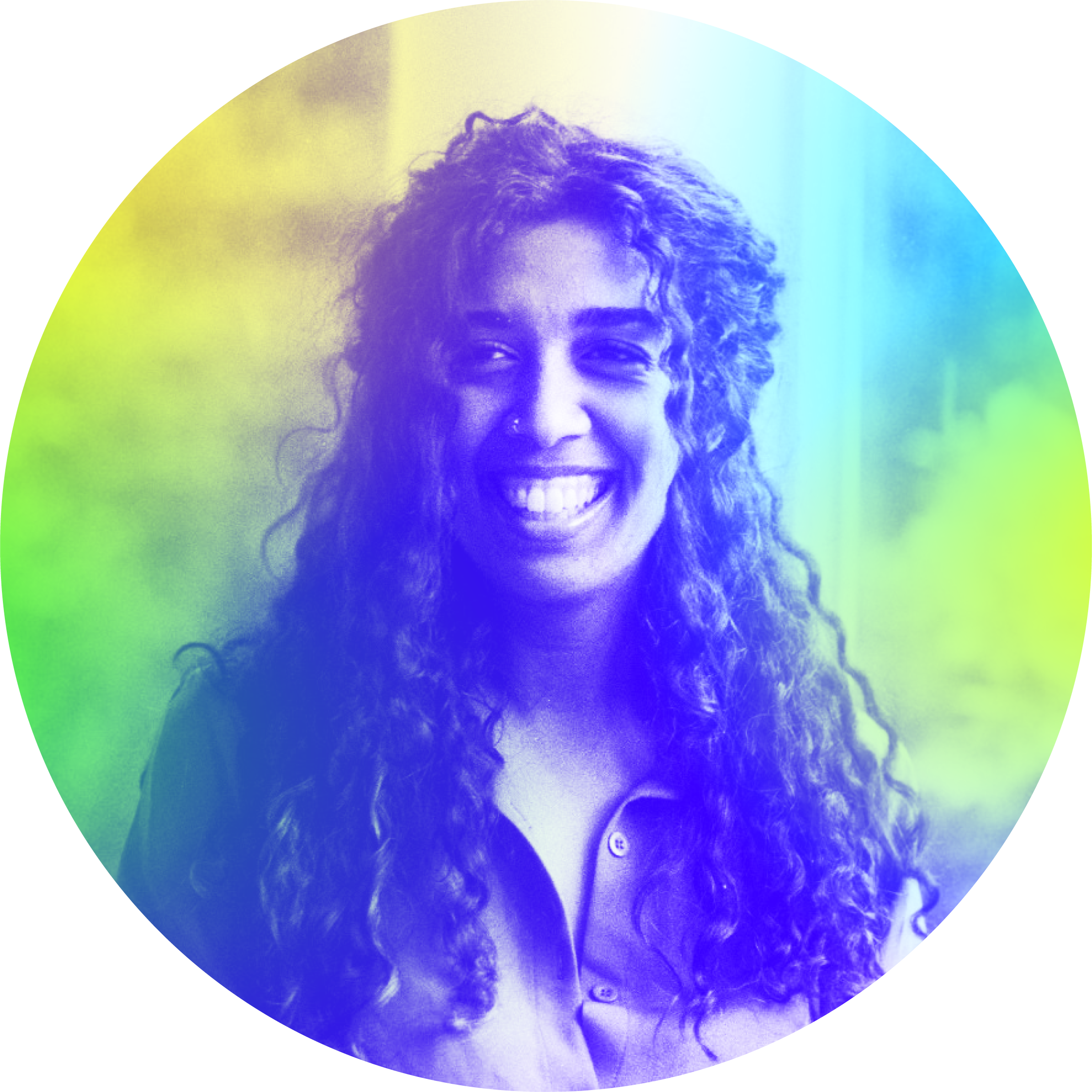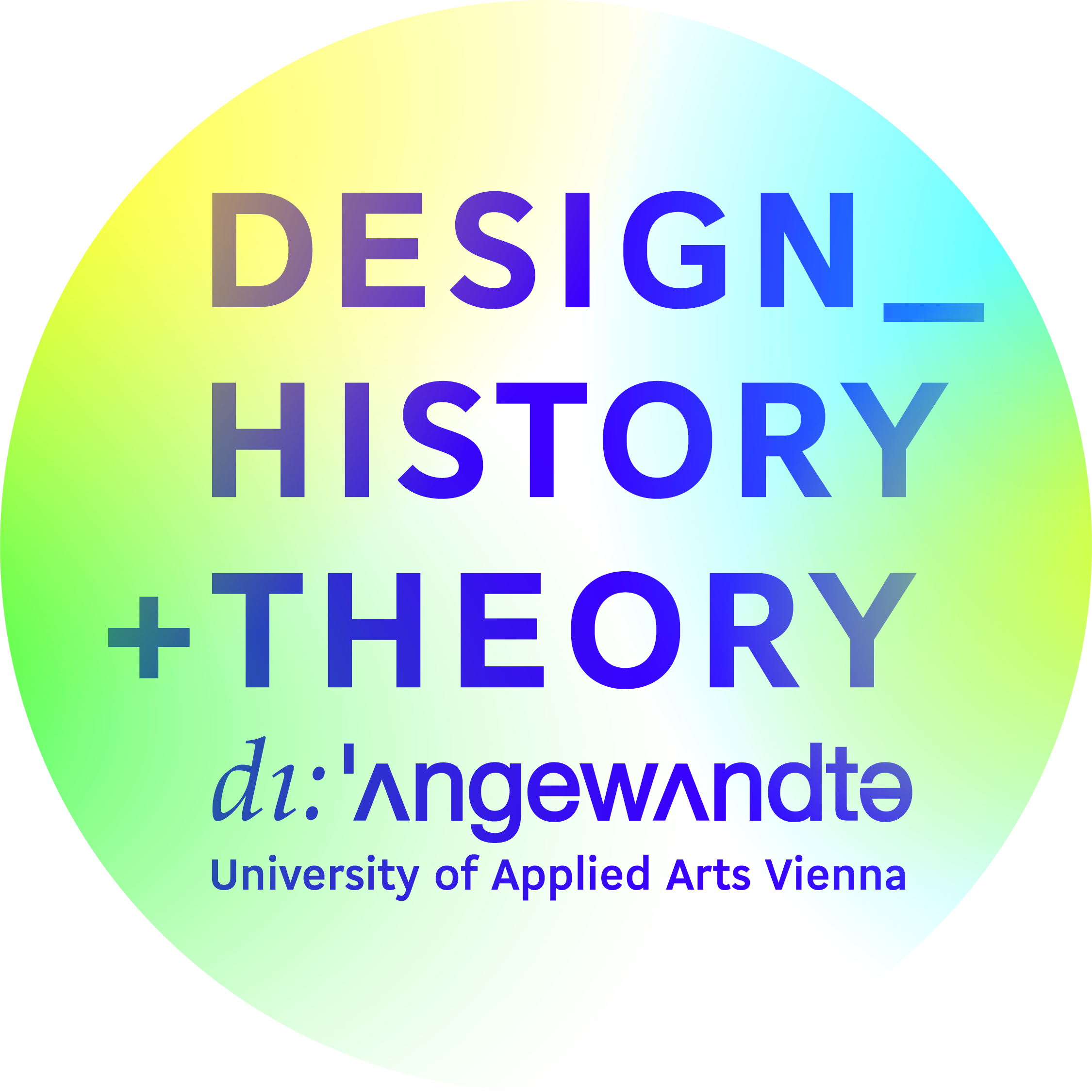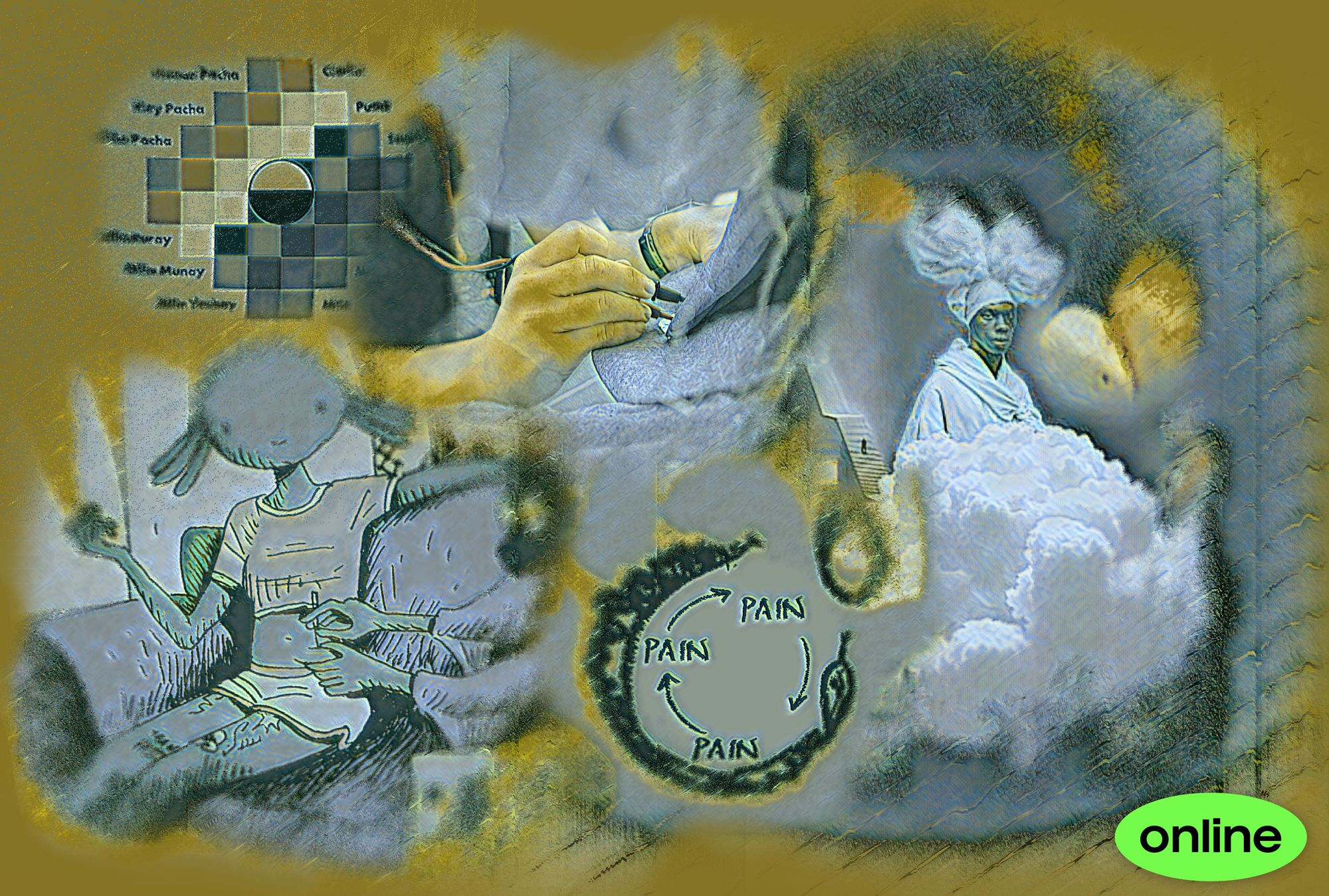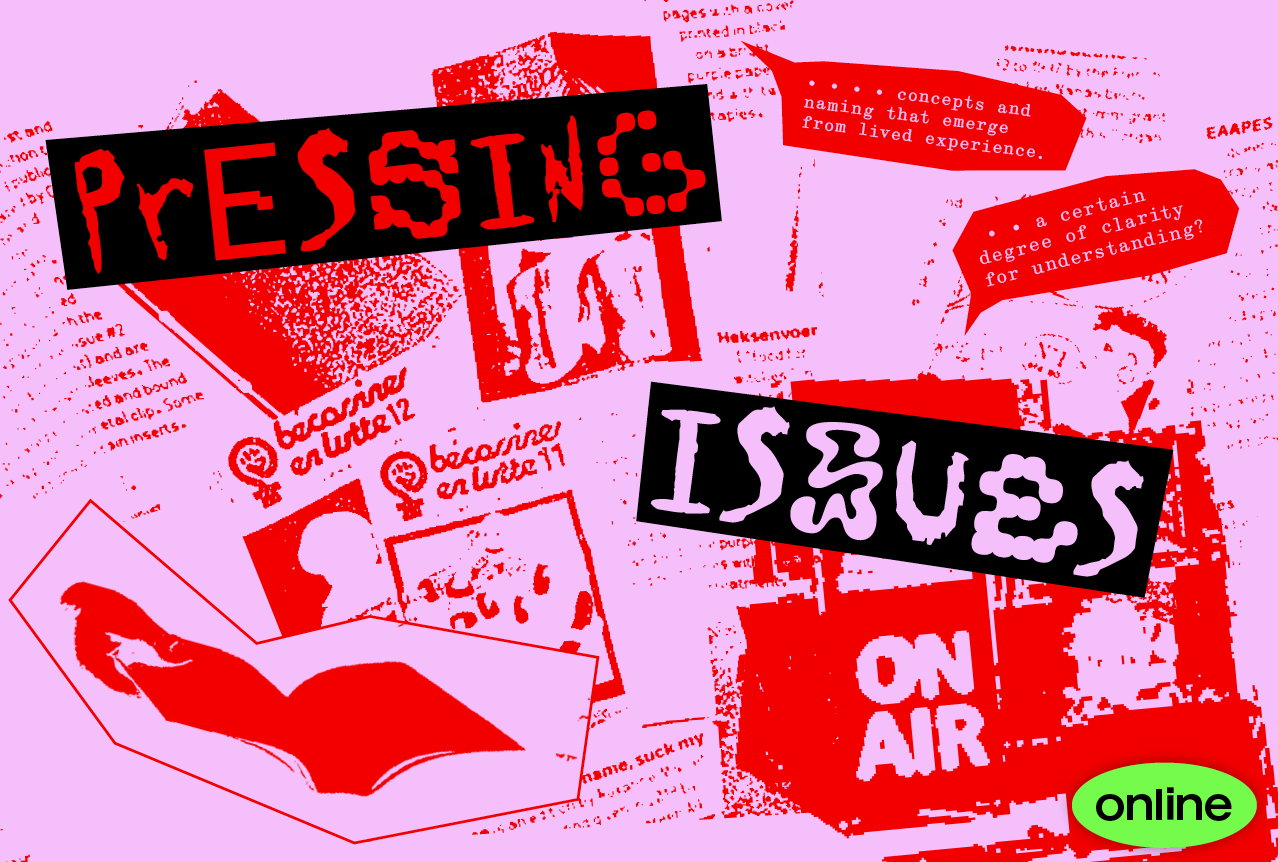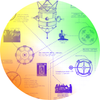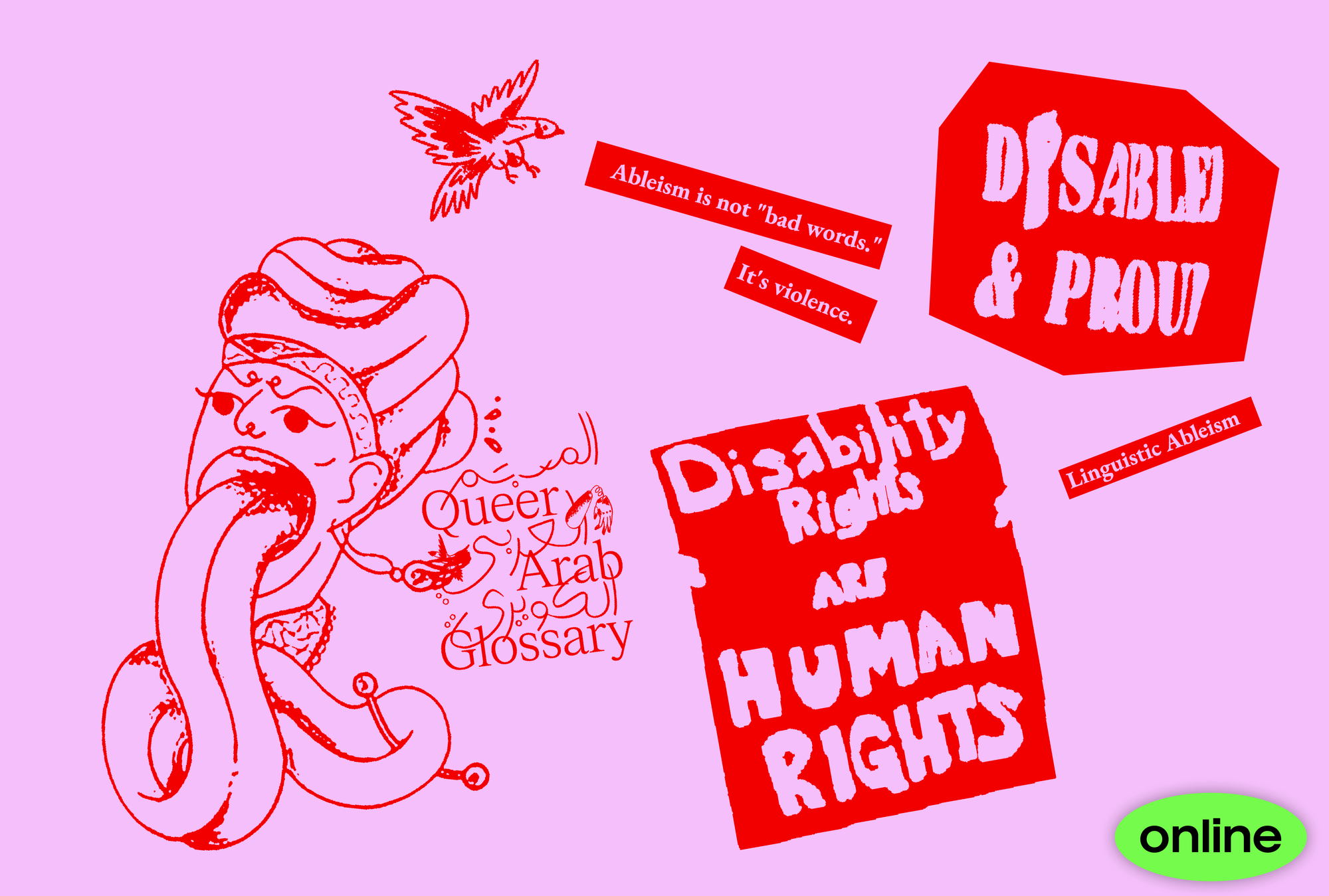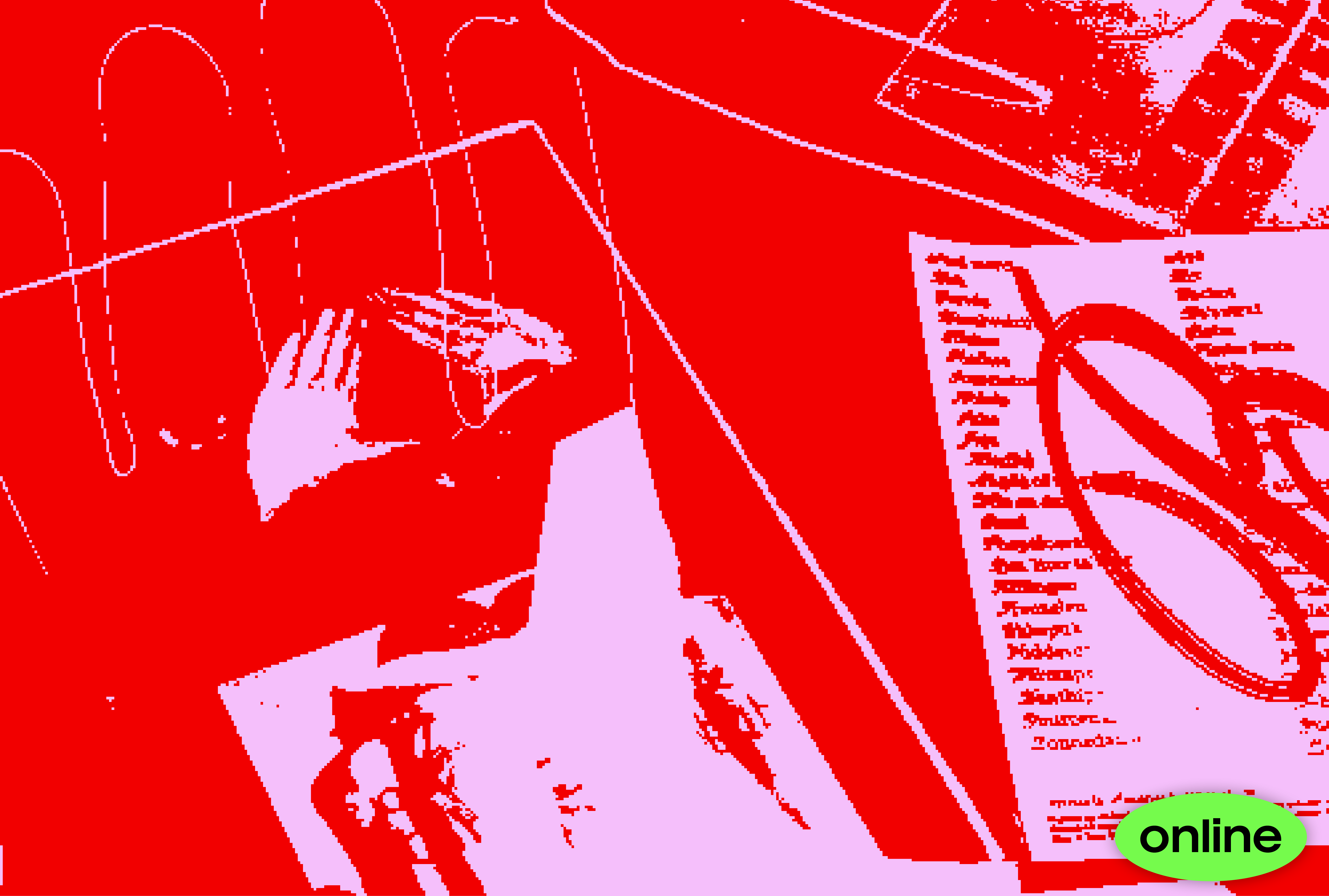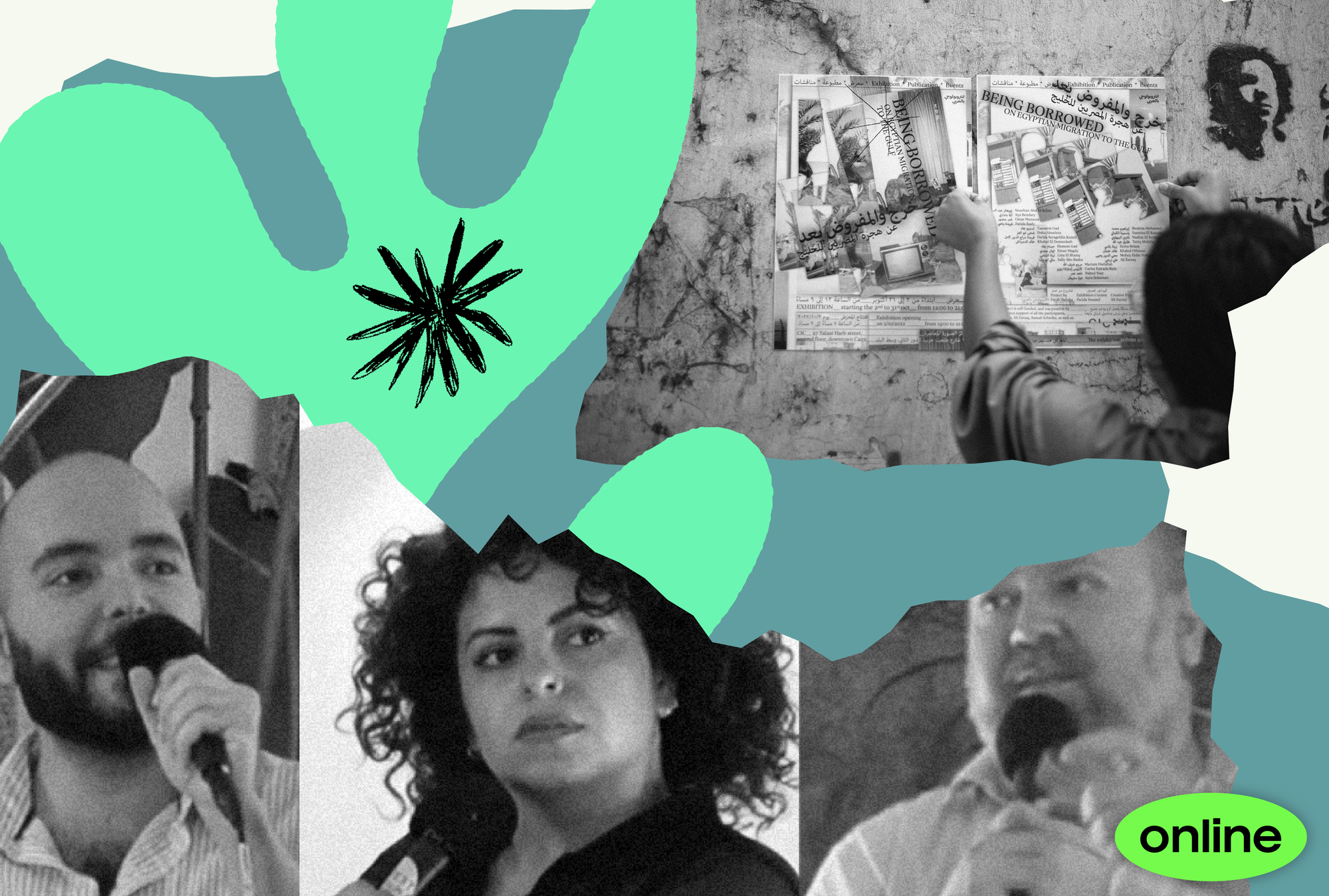
Two presentations by Imad Gebrael and Farah Hallaba examine how engagement can unfold in practice—whether through research, pedagogy, activism, or creative intervention.
What does it mean to practice engagement—as a method shaped by power, access, and the constraints of economies, institutions, and geopolitical systems?
Both anthropology and design claim engagement as central to their practice—through fieldwork, intervention, collaboration, and co-creation. However, engaging with people, non-human beings, materials, objects, or places is never neutral. It is underpinned by the politics of those who participate, embedded in existing social orders, and shaped by the asymmetries of knowledge, resources, and authority. Who sets the terms? Who has the right to enter a space, to collect, to shape? And what happens when participation reinforces the very hierarchies it seeks to dismantle?
The session is moderated by graphic designer, lecturer, publisher, and researcher, Amanda Haas.
Weaving Opacities: Podcasting Sonnenallee
Much like the majority of its residents, Berlin’s Sonnenallee—commonly referred to as the “Arab Street”—has been othered, vilified, virilized, estranged, and subjected to extensive research as an urban space that disrupts European conventions of city-making, provisioning, and governing. Amid heightened skepticism and increased policing targeting Arabic-speaking communities in Berlin, a prevailing sense of personal and communal unsafety permeates the street. Confronting the refusals and challenges of such conditions, Imad turns to podcasting as a primary research method. Podcasting actively brings forth narratives of living, working, remembering, and negotiating public space. How do we effectively listen to refusal in a podcast form? And how does podcasting, as an ethnographic method, contribute to researching otherwise?

Imad Gebrael (he/him) is a Lebanese designer and cultural anthropologist based in Berlin, Germany. His work explores representation, self-Orientalism in design, counter-mapping, and archiving. He has lectured at institutions including Humboldt University of Berlin, Berlin University of the Arts, and the University of Art and Design Linz in Austria. Imad has co-founded cultural and urban projects centering Arab-migrant experiences, and is currently undertaking ethnographic research on the negotiations of Arab identifications in Sonnenallee as part of his doctoral project at the Humboldt University of Berlin.
Being Borrowed: Encounters of Collaborative and Creative Knowledge Production in Researching Migration to the Gulf
“Being Borrowed: On Egyptian Migration to the Gulf” started as an endeavor to anthropologically understand a personal experience through a process of inquiry that is not bound to the academic and institutional model. This talk takes the frame of the encounter seriously, going through the different forms that Being Borrowed as a project has taken, to explore “the methodological productivities and anxieties in the process of creating a collaborative and a creative mode of anthropological knowledge production on the understudied experiences of migrating to the Gulf.” Through different encounters of absences and possibilities in the process of actualizing an anthropological-curatorial project, Farah invites us to reimagine ethnographic methodology as a public interaction geared towards joint knowledge production.

Farah Hallaba (she/her) obtained her MA in Social Anthropology and Visual Ethnography from University of Kent, United Kingdom. She started the @anthropology_bel3araby انثروبولوجي بالعربي platform in 2019, aiming to publicize anthropology in an accessible way and in Arabic. She has been doing short engaging online videos and collaborative workshops since then, mainly Visual Anthropology workshops and Collaborative Anthropology workshops about social class and migration to the Gulf, which produced “Being Borrowed” multi-media Exhibition and Publication, 2022. In 2024, Farah received a grant from AFAC to produce “Anthropology BelAraby Lab” that aims to create a space between anthropological inquiry and curatorial practices. Farah was a resident teaching fellow at Cairo Institute of Liberal Arts and Sciences (CILAS) in Egypt, teaching Ethnographic Studies from 2021-2022. On another note, Farah is part of Safeena 7 initiative-collective that engages critically and collectively with photography and its practices. She also shares a creative space in downtown Cairo, where she collaborates with artists to offer spaces for creative discussion-based knowledge production.
Event language: English with Communication Access Realtime Translation (CART) speech-to-text translation support.
This event is part of the On the Seam: Anthropology, Design, and Situated Practices symposium navigating frictions, collaborations, and politics shaping present struggles and future possibilities.
The symposium is a collaboration between Futuress and the Department of Design History and Theory at the University of Applied Arts Vienna, Austria, as part of the Austrian Science Fund (FWF)-funded research project “Design Anthropology: Cold War Industrial Design & Development” (Grant DOI 10.55776/PAT4411223).
The event is co-curated by Anna N. Nagele and Maya Ober and co-coordinated by Mio Kojima and Anna N. Nagele. Visuals by Heba Daghistani.

Full symposium program
May 8, 2025
2:00 pm – 2:15 pm CEST
Welcome & Opening Remarks
2:15 pm – 3:35 pm CEST
Lectures Session
Pedagogy and Education at the Seam of Anthropology and Design
With Bibiana Serpa and Cherry-Ann Morgan
Moderated by Maya Ober
3:50 pm – 5:10 pm CEST
Lectures Session
Anthropology and Design Shaping Techno-Imaginaries
With Prathima Muniyappa and Grace Turtle
Moderated by Anna N. Nagele
5:30 pm – 6:30 pm CEST
Roundtable
Frictions, Futures, and Possibilities of Anthropology & Design
With Dana Burton, Mahmoud Keshavarz, and Helen Pritchard
Moderated by Anna N. Nagele and Maya Ober
May 9, 2025
9:30 am – 9:45 am CEST
Welcome & Opening Remarks
9:45 am – 11:05 am CEST
Lectures Session
Engaged Practices in Anthropology & Design
With Imad Gebrael and Farah Hallaba
Moderated by Amanda Haas Halim
11:20 am – 12:50 pm CEST
Group Conversation
Let’s Talk About Ways of Knowing
Moderated by Mio Kojima and Bibiana Serpa
12:50 pm – 1:00 pm CEST
Closing Remarks & End of Symposium
Do you like our events? To sustain Futuress in the long run, we need 600 people to support the platform with 10 CHF/month. Every little bit helps, so please consider donating today!


